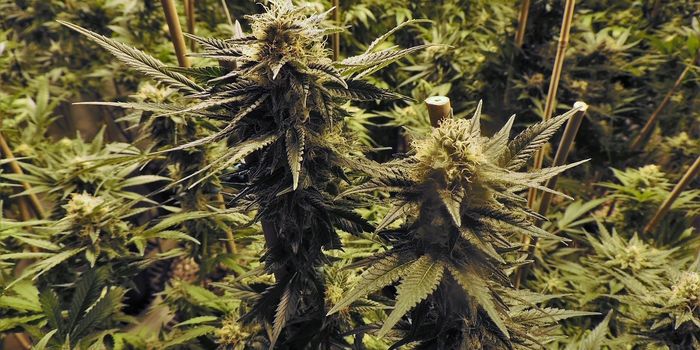Parent's Marijuana Use Affects Child Drug Use
Even the most ephemeral marijuana use as a teenager can negatively impact the health and well-being of the next generation. A new study supplies a fresh perspective on the influence of marijuana use where the individual involved is not the only victim of substance abuse.
"Using marijuana in adolescence is associated with a host of other problems in the present and later into adulthood," explained lead author of the studies, Marina Epstein, PhD. "Now we see that echoing through to their children."
Epstein is the lead author of both the newest 2019 study and the 2015 study that began the story of a group of participants that researchers began observing in the 1980s. At the beginning, the participants were merely fifth graders; they continued their participation in the study through adolescence and into adulthood, where they eventually had their own kids.
Researchers started by grouping the participants according to their drug use. Participants were either nonusers, adolescent-limited, late onset, or chronic users. Researchers interviewed the participants and their children about drug habits and attitudes toward drug use. The results were both predictable and puzzling.
Not surprisingly, children and teens of chronic drug users were more likely to use alcohol and marijuana (2.75 times and 4.5 times respectively, compared to children of nonusers). But the observation that puzzled researchers was that of children of adults who only used drugs for a limited time during adolescence. These children were 2.5 times more likely to use marijuana nad 1.8 times more likely to use alcohol compared to the children of the adults in the nonuser group.
Adults from the adolescent-limited group also experienced - to a degree - the negative health and quality of life outcomes associated with chronic marijuana use. However, chronic users experienced the worst of these outcomes; researchers observed unfavorable outcomes in the context of mental health, academic outcomes, financial stability, and criminal and/or risky behavior.
Researchers believe the findings of this latest study are particularly important for public health during a time where recreational marijuana use continues to become legal in more American states and thus, more common. Additionally, discussions of the health benefits of the cannabis plant occur more frequently, but perhaps the problem with adolescent marijuana use has fallen under the radar.
Sources: University of Washington, Psychology of Addictive Behaviors








